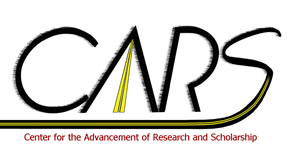Role of Emotions in Learning, Decision Making and Judgment
Location
Hart 116
Start Time
10-5-2012 10:15 AM
End Time
10-5-2012 11:00 AM
Description
This seminar will focus on the role of emotions in information processing and learning, and in executive control abilities (especially building learning goals, decision making, and judgment). It will present compelling evidence from recent neural and neurobiological research showing how we learn and make decisions with our emotions. The different components of the emotional system (e.g., motivation, anxiety, tension, etc.) will be explained with reference to the learning process. The intricate relationship between emotions and intuition will be explained, with reference to the brain’s default mechanism that was originally discovered by Marcus Raichle and colleagues in 2000. The presentation will also present evidence-based strategies and for improving teaching and learning outcomes through understanding and addressing the emotional status of the learner. Some of these strategies relate to the content being taught and how it influences our emotions, the way we present the information, and how we can connect with our students.
Role of Emotions in Learning, Decision Making and Judgment
Hart 116
This seminar will focus on the role of emotions in information processing and learning, and in executive control abilities (especially building learning goals, decision making, and judgment). It will present compelling evidence from recent neural and neurobiological research showing how we learn and make decisions with our emotions. The different components of the emotional system (e.g., motivation, anxiety, tension, etc.) will be explained with reference to the learning process. The intricate relationship between emotions and intuition will be explained, with reference to the brain’s default mechanism that was originally discovered by Marcus Raichle and colleagues in 2000. The presentation will also present evidence-based strategies and for improving teaching and learning outcomes through understanding and addressing the emotional status of the learner. Some of these strategies relate to the content being taught and how it influences our emotions, the way we present the information, and how we can connect with our students.

Comments
Moderator: T.C. “Chris” Mattocks